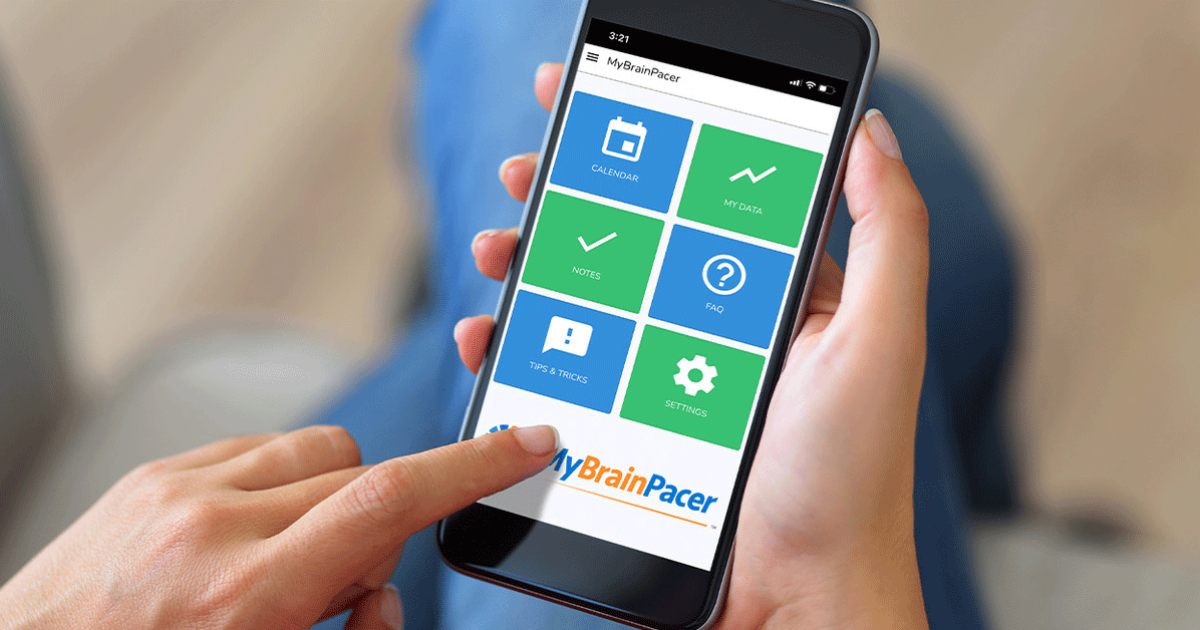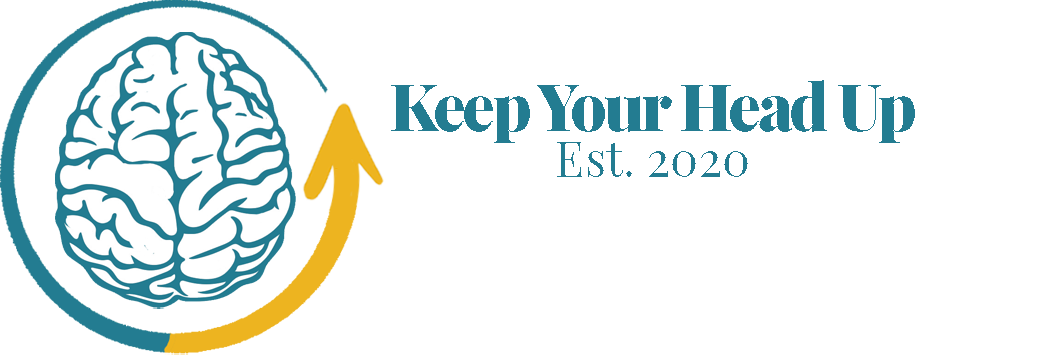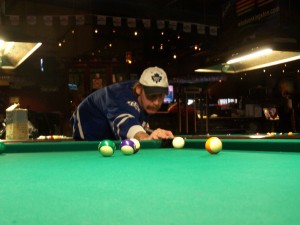- Mild Traumatic Brain Injury (mTBI)
A concussion, which is technically a mild brain injury, occurs when the head is suddenly jarred causing the brain to move within the skull. This can occur even without the head coming into contact with another object, such as a blow to the body. A mild traumatic brain injury can occur even without loss of consciousness although a short loss of consciousness often occurs.
See the new Post-Concussion Standards at: Concussions Ontario Website:
See the Post-Concussion Care Pathway from the Ontario Neurotrauma Foundation below:
Concussion Tool Kit and MyBrainPacer is there to help!
 To help patients get back to living full lives, St. Joseph’s Health Care London’s Acquired Brain Injury Outpatient and Outreach Program at Parkwood Institute has developed a free online toolkit for concussion survivors.
To help patients get back to living full lives, St. Joseph’s Health Care London’s Acquired Brain Injury Outpatient and Outreach Program at Parkwood Institute has developed a free online toolkit for concussion survivors.
What’s in the toolkit? MyBrainPacer App™. Much like points tracking used by dieters, through MyBrainPacer™ daily tasks such as driving, exercise and screen time are assigned point values. Users track daily points to balance their activity and minimize their concussion symptoms. MyBrainPacer™, based on St. Joseph’s Pacing and Planning Program, was made possible through funding provided by The Cowan Foundation and other community supporters to St. Joseph’s Health Care Foundation.
The toolkit also includes St. Joseph’s Concussion Care Video Series, and other downloadable, easy to use tools and tips.
View and share these tools with concussion survivors and their care team.

impacted by traumatic brain injury (TBI), including concussion. Programs are
FREE to attend and all materials are provided.
Open to Canadian residents only. New Programs offered each
month! Join the Keep Your Head Up mailing list to continue the conversation.
See the Ontario Neurotrauma Foundation (ONF) guidelines for managing concussions for Adults and Children:
- Guideline for Concussion/Mild Traumatic Brain Injury & Persistent Symptoms 3rd Edition for Adults over 18 years of age. Patient and family version for each section of the guideline, containing the key information, and offering resources based on needs identified by persons with concussion. It is an interactive and searchable platform allowing users to navigate the guideline more efficiently, making it easier for users to find the information they want. To access the guideline, visit: braininjuryguidelines

- The Living Guideline for Diagnosing and Managing Pediatric Concussion was released in September 2019. The guideline was developed with intent to educate parents and individuals working in community settings with youth and children (aged 5-18) who have sustained concussion/mTBI. The living guideline format allows for real-time updates based on new evidence. Access the guideline.
Concussion Foundation resources on concussion and persistence of symptoms
Symptoms
It is important that any time a jolt to the head occurs that the individual be monitored for signs of concussion, such as memory problems, confusion, lack of coordination or balance, or mood and personality changes. The individual may complain of physical symptoms such as headache, nausea, feeling unusual, or vision problems. If any signs of concussion are apparent, it is important to be seen by a doctor. If symptoms seem to increase over time it should be treated as a medical emergency.
When this occurs, it can cause chemical changes and damage to the brain at a microscopic level that cannot be seen on MRI’s or CAT scans. Many individuals who have acquired a mild traumatic brain injury are sent directly home from the doctor’s office or hospital emergency room. If proper precautions are taken during the healing phase, complete recovery from concussion is common within weeks to months.
It is common for a concussion to cause short term problems with memory, concentration, and fatigue. It is important to remember that the brain needs rest during this time. Because of the temporary changes which occur to the brain in a concussion, the brain is more susceptible to stress and re-injury during the healing process.
Returning to Activity
Having sustained previous concussions or returning to activity too soon can cause symptoms to return, and in some cases, lead to more long term consequences. It is important to follow medical advice and return to physical activity on a gradual basis over several days in order to minimize this risk. Even when these precautions are taken a small group of individuals may find effects of a concussion may not go away over time. This is now referred to as “Post-Concussive Syndrome”.
Vist our concussion recovery page for helpful tips on how to recuperate after concussion and gradually return to activity.
Read more…

